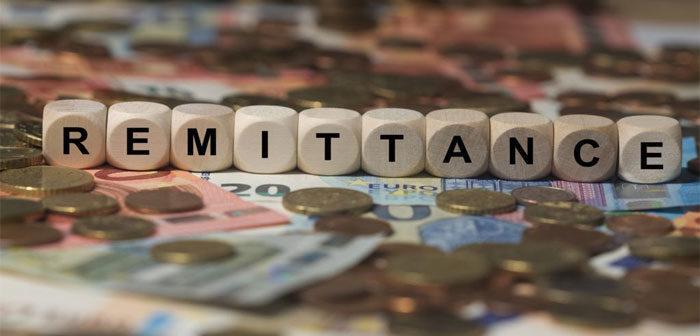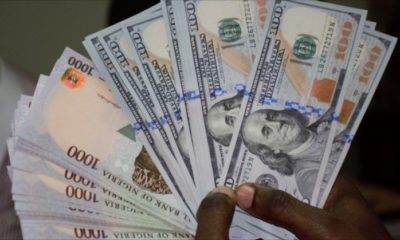According to a new report from United Nations Economic Commission for Africa (UNECA), remittances to Africa are projected to drop by 5.4 percent to $41 billion in 2021 from $44 billion last year.
The report notes that the bleak situation has been compounded by the high cost of sending money to Africa from abroad, as the cost of remittances to Africa remains the highest in the world at 8.9 percent.
Remittances are an essential part of economic activity in low and middle-income countries (LMIC), including Africa. Due to the economic crisis induced by the COVID-19 pandemic and shutdown, global remittances are projected to decline sharply by about 20 percent in 2020. For Africa, remittances are projected to drop by 5.4 percent to $41 billion in 2021 from $44 billion last year, according to a new report by the United Nations Economic Commission for Africa (UNECA) projects remittances.
The report, titled “African regional review of the implementation of the Global Compact for Safe, Orderly and Regular Migration”, notes that the projected fall is mainly due to a fall in the wages and employment of migrant workers, who tend to be more vulnerable to loss of employment and wages amid the pandemic.
The report adds that the bleak situation has been compounded by the high cost of sending money to Africa from abroad as the cost of remittances to Africa remains the highest in the world at 8.9 percent.
“A migrant sending $200 to his/her family in Africa pays an estimated nine percent of the value of the transaction, indicating that the continent is still far from achieving the three percent target set out in Sustainable Development Goal 10,” the report stated.
This signals huge deficits in millions of African households depending on their friends and relatives abroad for a financial lifeline, thus threatening a perpetuation of macroeconomic imbalances on the continent.
The Addis Ababa Action Agenda of the Third International Conference on Financing for Development and Sustainable Development Goal indicator 10(c) provides that countries should, by 2030, reduce to less than three percent the transaction costs of migrant remittances and eliminate remittance corridors with costs higher than five percent.
In response, some African countries have taken action to lower the costs of remittance transfers by offering diaspora bonds to investors and relaxing foreign exchange controls to allow for electronic and mobile money transfers at reduced costs.
“It should be noted, in that regard, that the use of digital money transfer platforms reduces transfer fees in Africa by an average of 7 percent,” says the report.
“Private financial institutions also offer incentives to encourage members of diaspora communities to use their services, including low transaction fees for remittances, and facilitate diaspora-initiated projects, especially in the real estate sector. These measures all promote the financial inclusion of migrants and their families.”
The report recommends that member States support migrants and their families through adopting laws and regulations to facilitate the sending and receiving of remittances, including by fostering competition among banks and other remittance handling agencies to establish low-cost transfer mechanisms.
In addition, the report recommends that African countries make every effort to reduce the transfer costs associated with remittance payments by making more extensive use of digital transfer solutions, such as MPESA, and by streamlining the regulatory constraints associated with international money transfers.
Finally, the report concludes that the African States should also engage with destination countries to identify ways to enhance the provision of basic services to migrants in those countries as remittances are a primary source of national income for at least 25 African countries, all of which have large diaspora populations.



 Naira4 weeks ago
Naira4 weeks ago


 Naira3 weeks ago
Naira3 weeks ago


 News4 weeks ago
News4 weeks ago
 Travel4 weeks ago
Travel4 weeks ago




 Naira4 weeks ago
Naira4 weeks ago
 Naira3 weeks ago
Naira3 weeks ago


 Jobs3 weeks ago
Jobs3 weeks ago


 Travel3 weeks ago
Travel3 weeks ago
















